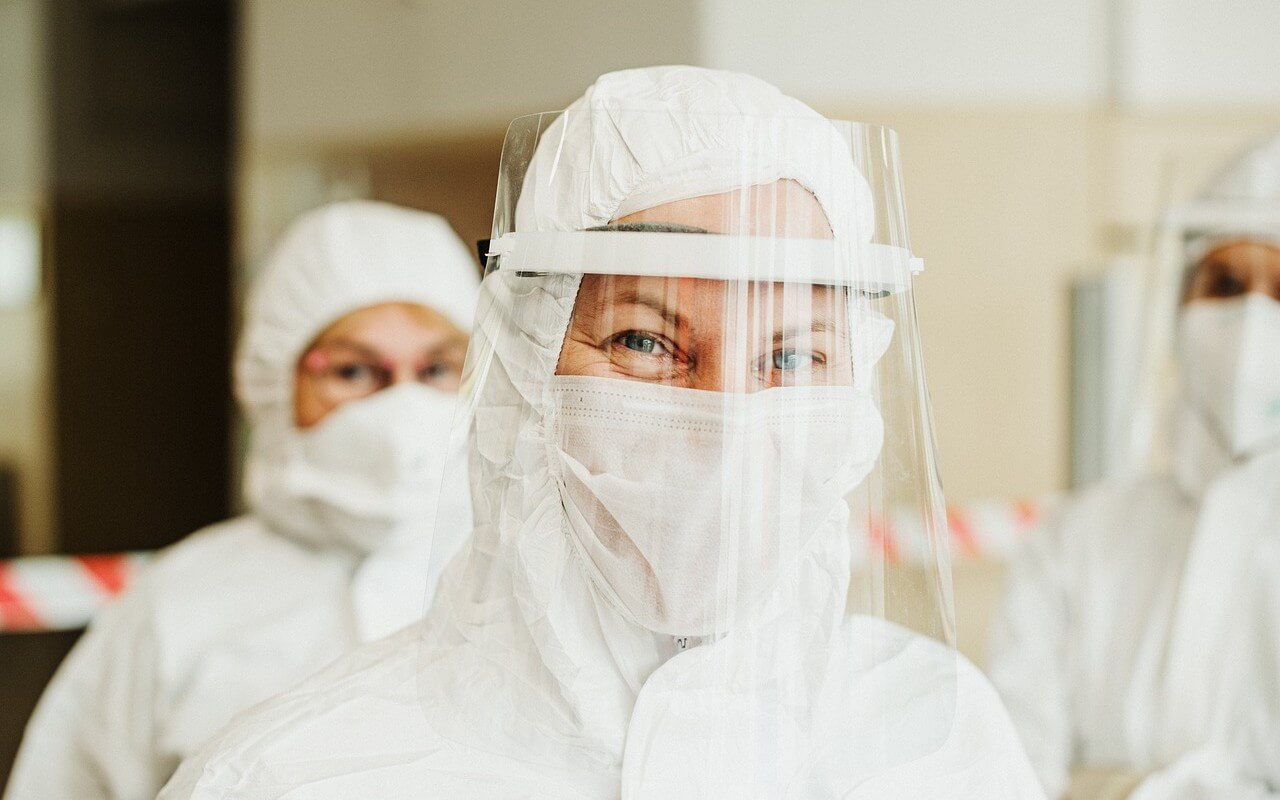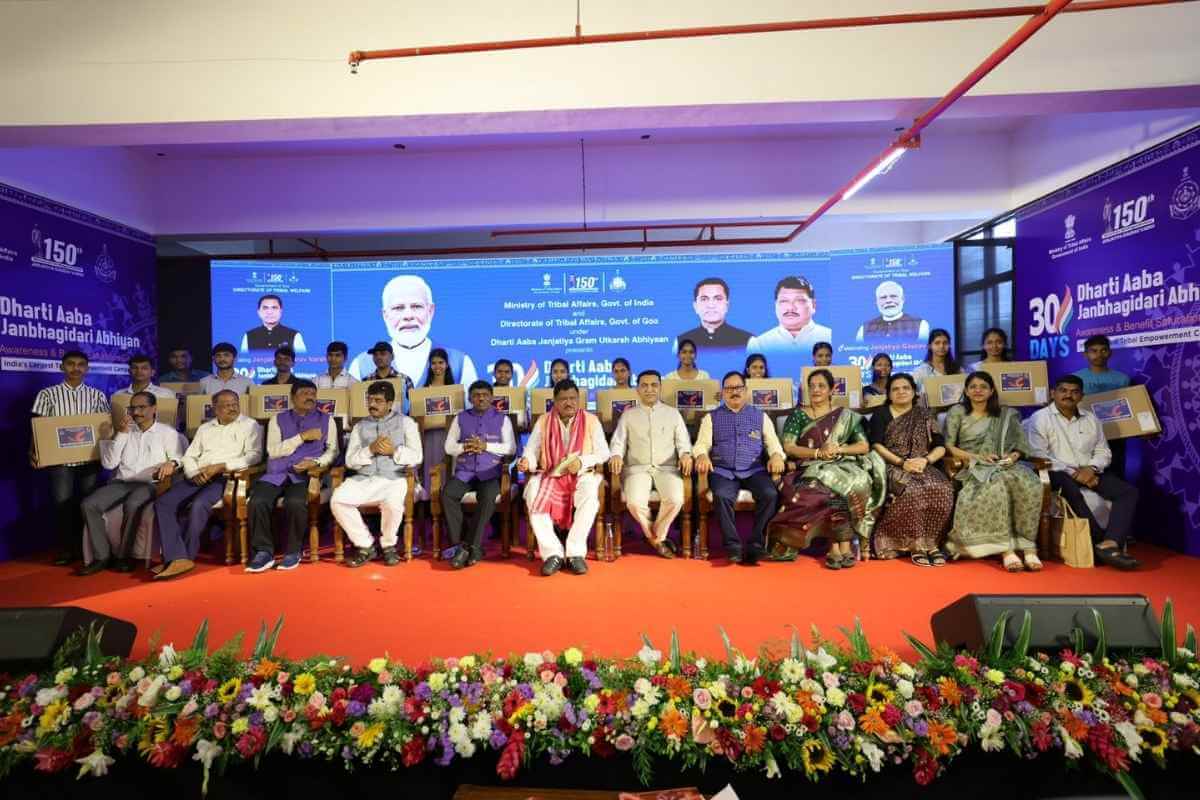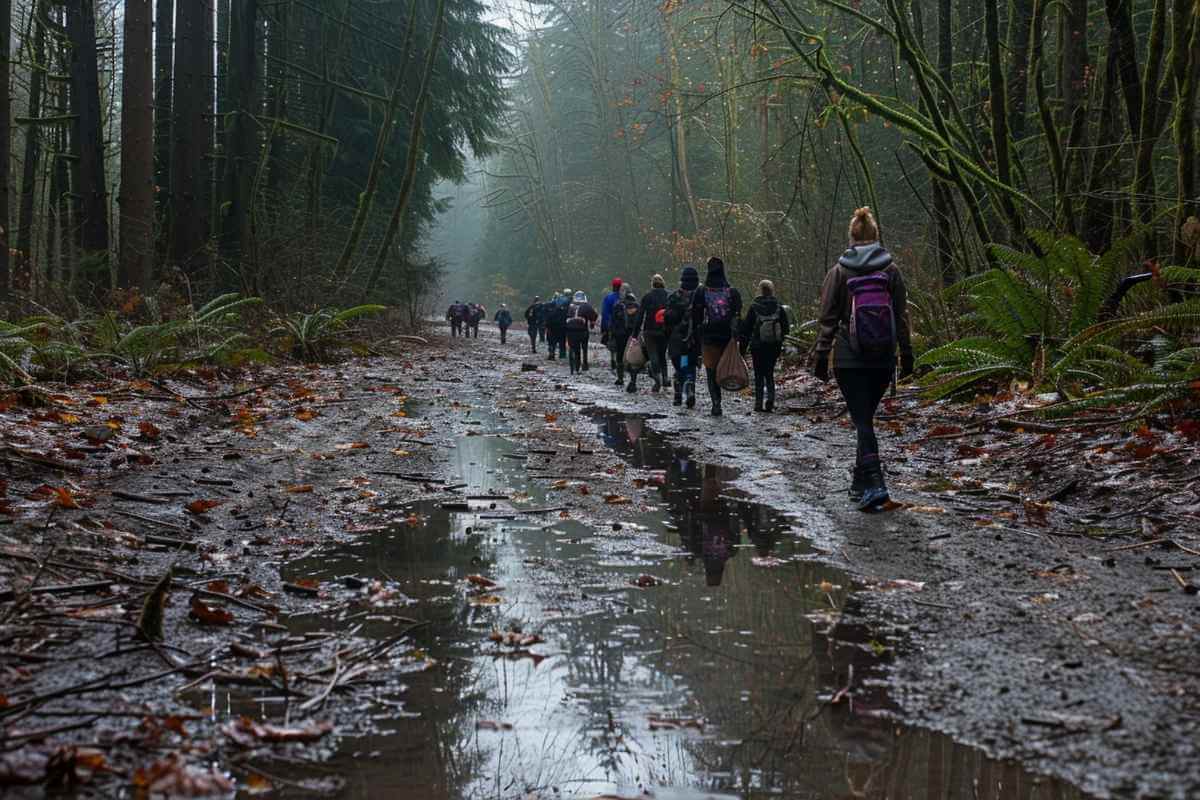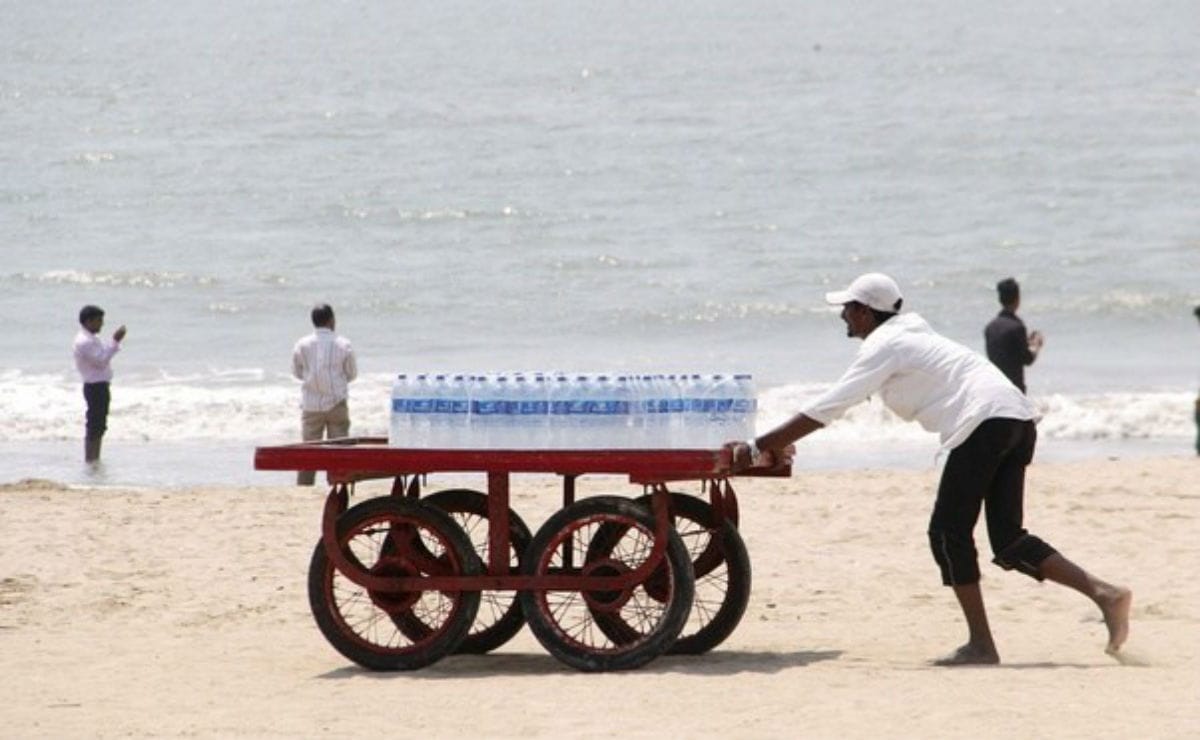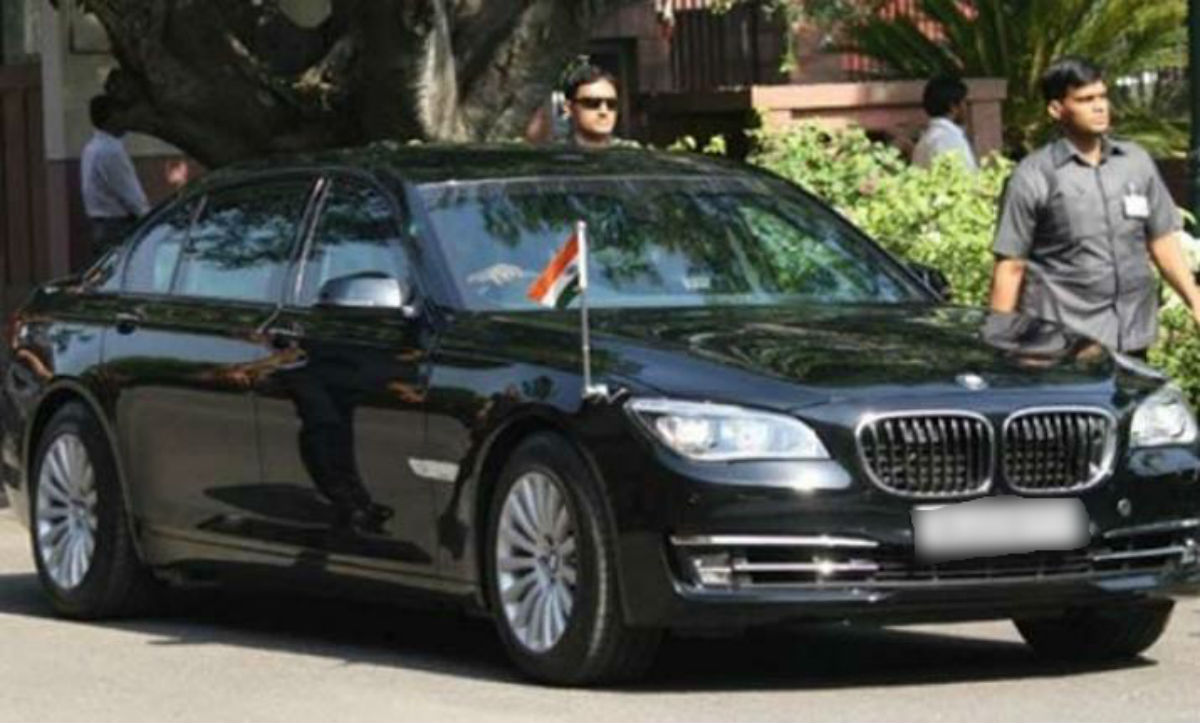A new Covid-19 variant first identified in India is being investigated by UK health officials to see if it spreads more easily and is resistant to vaccines. More than 70 cases of the mutated strain have been identified in England and Scotland, but it has not yet been classified as a “variant of concern”.
There is not yet enough data to classify it as a “variant of concern”, a leading scientist has said. But Dr. Susan Hopkins of Public Health England said cases had been found in the UK that were not linked to travel, with their origin being investigated.
Mike Tildesley, a member of the Scientific Pandemic Influenza Group on Modelling (Spi-M), which provides evidence on coronavirus to the government’s Sage committee, said as much information about the new variant must be gathered “as quickly as possible”. He also added that “what’s concerning about the Indian variant is there appear to be two mutations which… may make the vaccines less effective, and may make the virus more transmissible.”
There are 77 confirmed cases of the India Covid variant, also known as B.1.617, in the UK, according to the latest update from Public Health England (PHE). These include 73 cases in England and four in Scotland, based on PHE’s surveillance of the distribution of variants across the country from data up to 7 April. The variant is currently designated as a “variant under investigation” (VUI) rather than a “variant of concern” (VOC), such as those first identified in Kent, Manaus (Brazil) or South Africa.
PHE said there is currently no evidence to suggest that the new Indian variant is more serious than previous mutations, nor is there current evidence that indicates vaccines are less likely to work against it. According to PHE, the variant includes a number of mutations including E484Q, L452R, and P681R.
There are four so-called “variants of concern” and seven “variants under investigation” which have been identified in the UK.
Dr. Hopkins, the chief medical adviser for NHS Test and Trace, told the Andrew Marr Show: “We have seen a couple of cases of the Indian variant that haven’t arisen from travel but we’re still trying to undergo the investigations to look in great detail at where they might have acquired it from. “To escalate it up the ranking we need to know that it is increased transmissibility, increased severity, or vaccine evading, and we just don’t have that yet.”
Asked if India should be added to the government’s “red list” of banned countries, Environment Secretary George Eustice said: “We’re allowing people in from India provided they have had a pre-departure test, provided they then quarantine – albeit not in a hotel or a designated facility, but quarantine at home – and then have a test at two and eight days.
“So there are quite a lot of robust tests and checks for anybody coming into the country.” He said the matter was kept “under regular review” and the government was taking scientific advice – adding that he believed the prime minister’s trip to India should still go ahead later this month.
However, Prime Minister Boris Johnson has now canceled his visit to Delhi next week, as the Covid crisis worsens in Indian. Downing Street issued a joint statement from the British and Indian governments on Monday (19 April) which said: “In the light of the current coronavirus situation, Prime Minister Boris Johnson will not be able to travel to India next week. “Instead, Prime Ministers Modi and Johnson will speak later this month to agree and launch their ambitious plans for the future partnership between the UK and India. “They will remain in regular contact beyond this, and look forward to meeting in person later this year.”
On Sunday the UK recorded 1,882 new coronavirus cases and 10 deaths within 28 days of a positive test, according to the latest government figures. The number of deaths recorded at weekends tends to be lower because of reporting delays. Meanwhile, more than 32.8 million people have had their first dose of a coronavirus vaccine, while more than 9.9 million people have had their second dose.
Image by <a href=”https://pixabay.com/users/helenjank-18427938/?utm_source=link-attribution&utm_medium=referral&utm_campaign=image&utm_content=5716753″>Helena Jankovičová Kováčová</a> from <a href=”https://pixabay.com/?utm_source=link-attribution&utm_medium=referral&utm_campaign=image&utm_content=5716753″>Pixabay</a>

